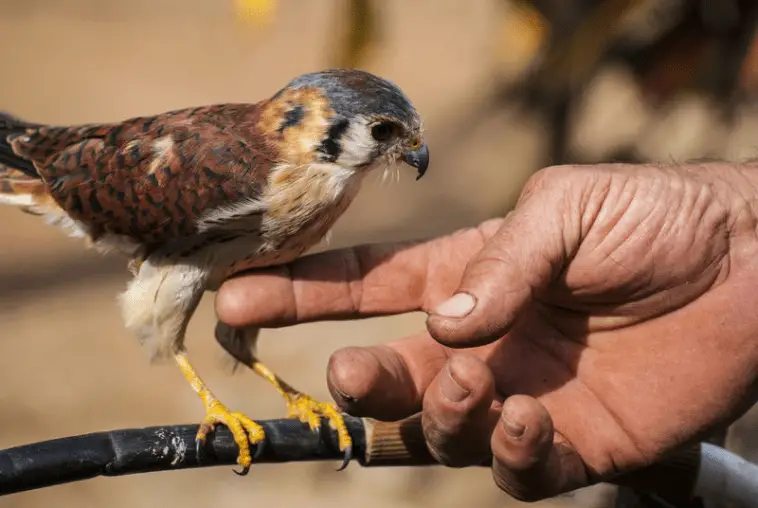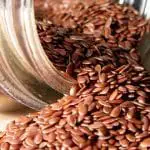Like humans, the birds have a total of five senses as well, such as the sense of sight, touch, taste, hearing, and smell. Each of these senses plays an important role in the survival skills of the bird, whether in the wild or in captivity. The enhancement and perceptiveness of the different senses depend on the kind of bird species.
Without their senses, it is impossible for them to thrive. As a breeder, it is important to understand how the senses of your bird affect them and how they use it in their daily living. In this article, we’ll know more about the different senses of birds and how each sense works.
1) EyeSight
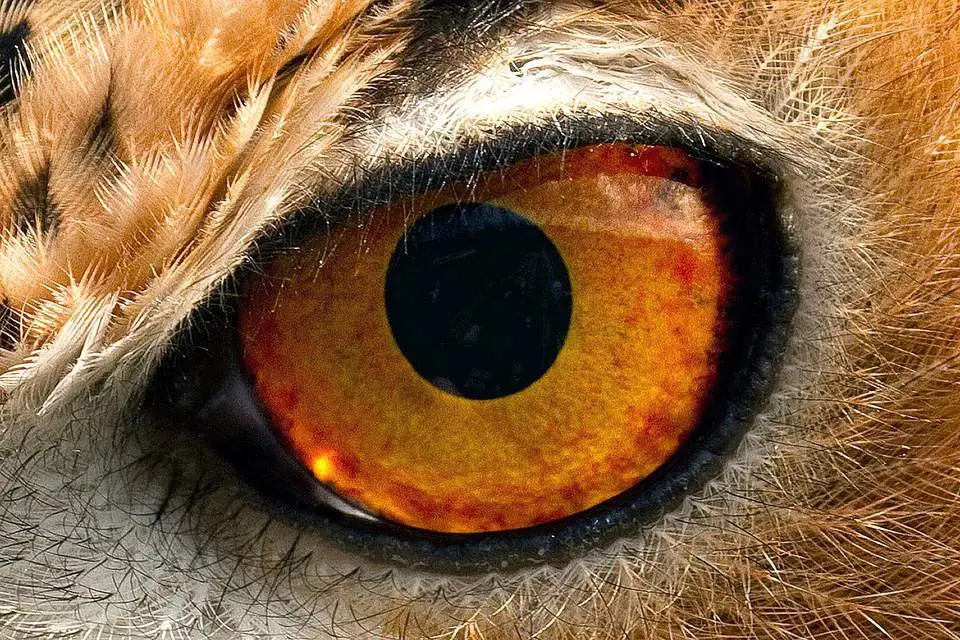
This is considered as the most important and critical sense because, without it, your bird can fly, find food, and save themselves from predators. If you are to compare their eyes from human eyes, they have a thicker retina that gives them excellent eyesight for both white and black color perceptions. Most bird species may not have a wide range of colors that they see than humans, but they have a great perception of details and motion. According to studies, their eyes take up much space in their head than their brains.
Studies show that how they perceive tiny details and motion is 3 times better than humans, this helps them to be alert when a predator is around and that it is useful in their food hunting. Their eyes are situated further apart on their heads so that they have a wider view than what humans can see. To protect the most critical sense that they have, it is covered by a nictitating membrane that is drawn across their eyes so that their main eyes are free from dust and moist. When the birds fly, the way how they spread their wings is to somehow protect their eyes.
2) Hearing
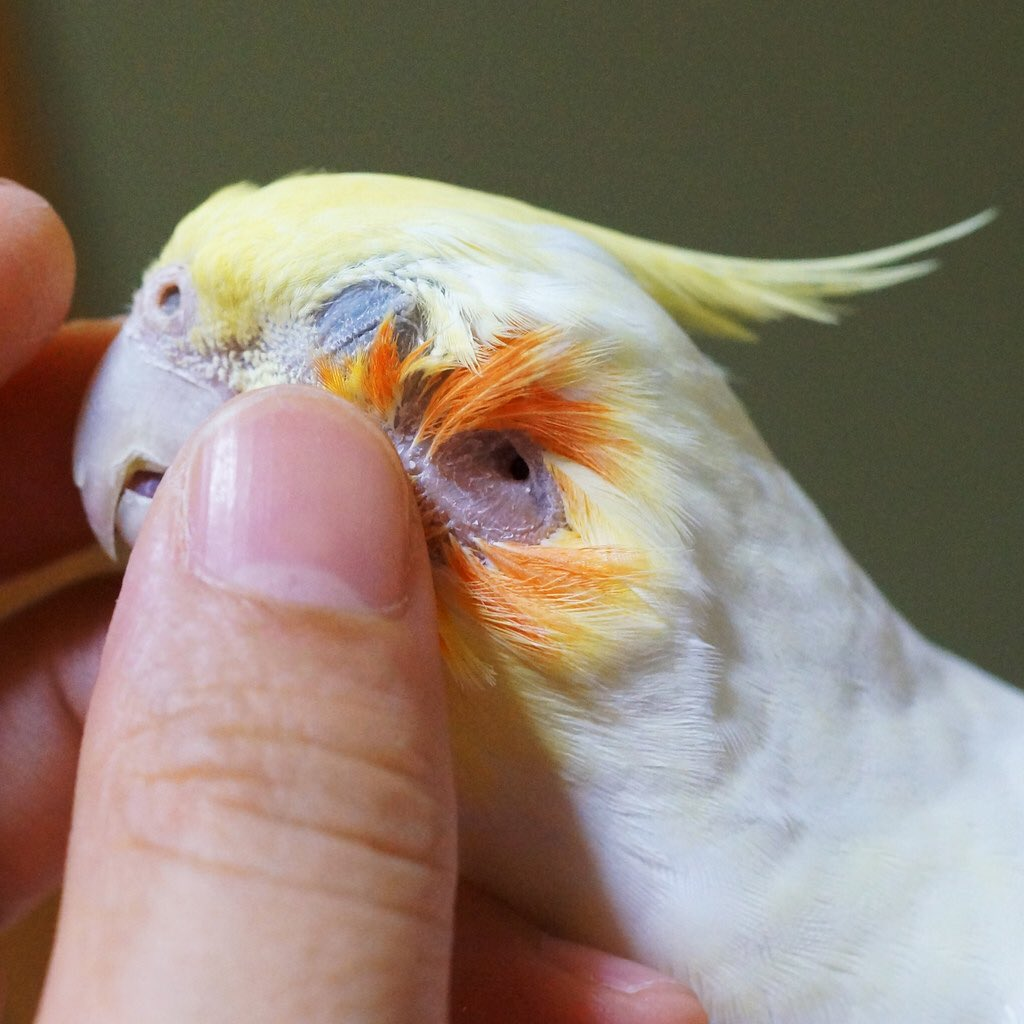
Most of the bird species have funnel-shaped ears to help them focus easily. It is located just behind and below their eyes. It is not usually obvious because of its size, and sometimes it is covered with auriculars or soft feathers to protect it from dirt and water. If the bird is bald, their ears are perceived as small holes near their cheeks or on the sides of their heads. The size of the bird’s head plays an important role in how precise their sense of hearing is.
The birds are highly sensitive to different kinds of tones, rhythm, and pitch even though they tend to hear smaller frequencies than humans. Their ability to mimic sounds, calls, and songs is due to their sense of hearing. This is the second most important sense a bird has, through this sense, they are able to perceive different calls may it be for an advertisement for a territorial claim, warning of a predator, or an invitation of food sharing. There are also bird species where they use echolocation to see a particular moving object to go into a flock or into their prey.
3) Touch
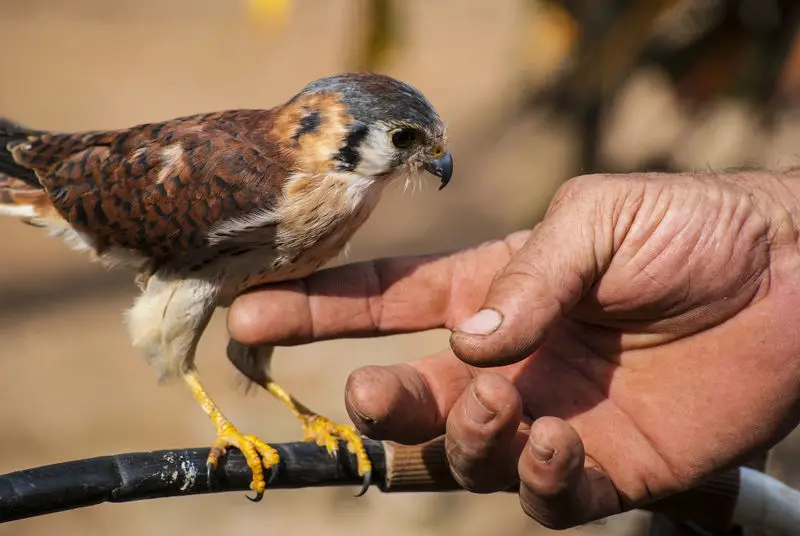
The sense of touch is not used explicitly like for humans, but their sense of touch is mostly used during their flight for them to detect and be sensitive to the wind speed, changes in air temperature, and pressure that is transported to their feathers into their nerves in their skin. There are bird species that have feathers that are specially located on their bill called the rictal bristles that are able to give them sensations while they feed on live insects or when they peck their bill into something.
A good manifestation of the sense of touch for birds is during the mutual preening, which is an important event during the courtship behavior. Most of their nerves are located on their main body and head specifically in their bills and only little nerve endings on their feet and legs; that is why they can withstand extreme temperatures when they stand on their perches.
4) Taste
The sense of taste of birds is not well refined. Some species only have 50 or 500 taste buds, which are too small compared to the taste buds humans have that ranges between 9,000-10,000. But with the number of taste buds that they only have, they still have the ability to taste sour, bitter, and sweet flavors, and they have the ability to perceive which foods are suitable for them.
Most of the time, the reason why the bird refuses to eat is not because of what the food tastes like but due to some other factors. They may choose a particular food over the other because of the accessibility and competition. Even though they are not that particular with the taste of food, you need to make sure that the food choices that you will be giving them are still appealing.
5) Smell
This is the sense that is least developed to birds. There are bird species that only have small olfactory centers in their brains; that is why this is the sense that they do not use much. If a particular bird has a well-developed sense of smell, it is merely used to search for food even from great distances.
Experts also suggest that the sense of smell helps birds to find their way to the flock during migration, and they can also foresee approaching weather. In captivity, if the type of bird species that you have do not have an enhanced sense of smell, it is still important to put away harmful chemicals that have a strong smell because it would still cause negatively to your bird.
How to Help Enhance the Bird’s Senses
- The birds have a very good sense of sight; that is why how their environment looks like it affects their mood. You can easily make them happy by adding colors to the background. If you would play or go near them, it is advisable to wear friendly colors such as the neutral ones.
- The birds have a sensitive sense of hearing where they can easily get your attention through quiet phishing; that is why sudden and loud noises can threaten or scare them away. If you would take them into captivity, place their cage away from barking dogs, loud stereos, and noisy environments.
- The bird’s body is fragile, the slightest touch in their heads or main body can easily be felt by them because of their touch receptors all over their body. Avoid handling them harshly because it can cause injury. You should never pluck their feathers since it may cause damage to their touch receptors.
- The birds do not have a strong sense of taste; that is why they cannot differentiate fresh food from spoiled food, always clean their food dishes, and make sure to only give them nutritious food.
Final Thoughts
You will be amazed by how a bird uses its different senses to enjoy and survive. It is important to have a glimpse of the senses that they own so that you know how to take good care of them. There are ways on how to enhance your pet’s senses, so it is important to equip yourself about it before taking them into captivity.
